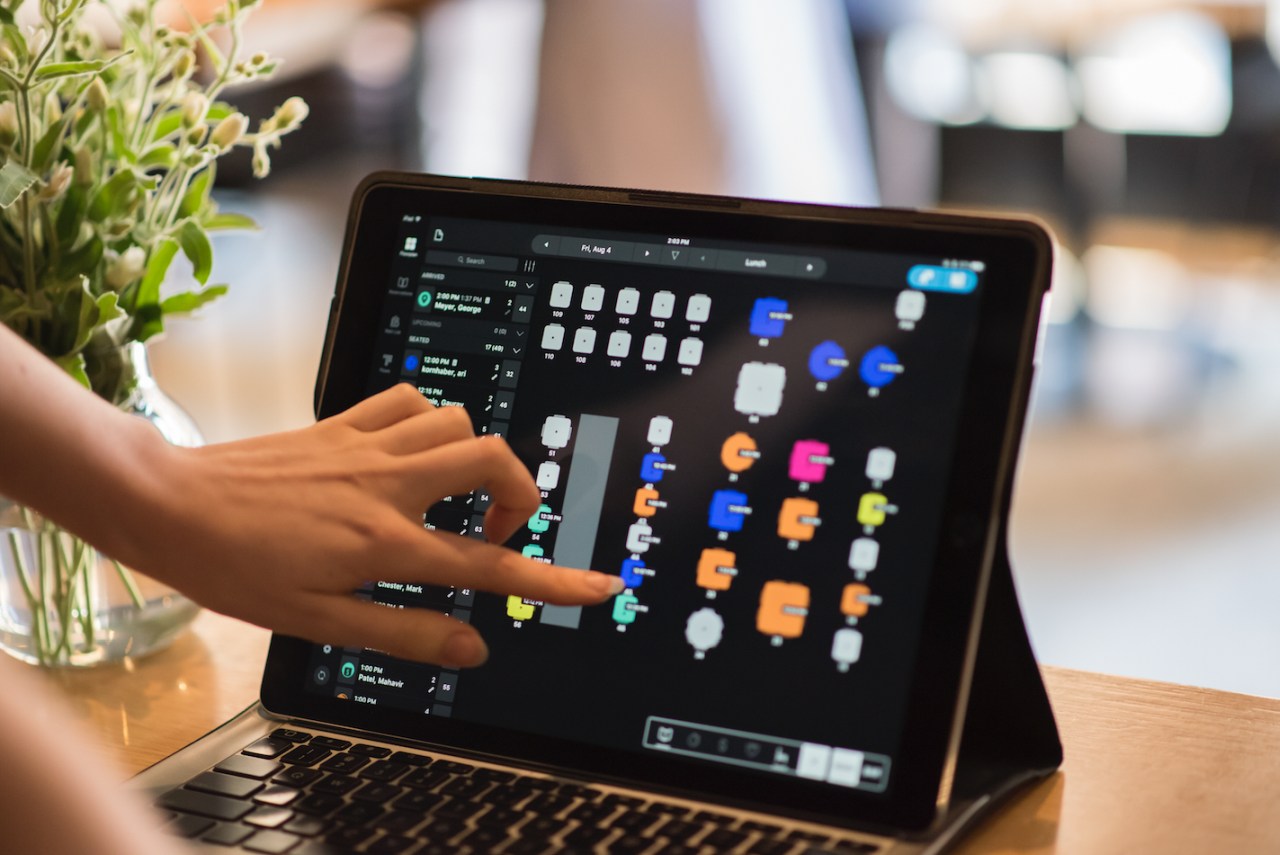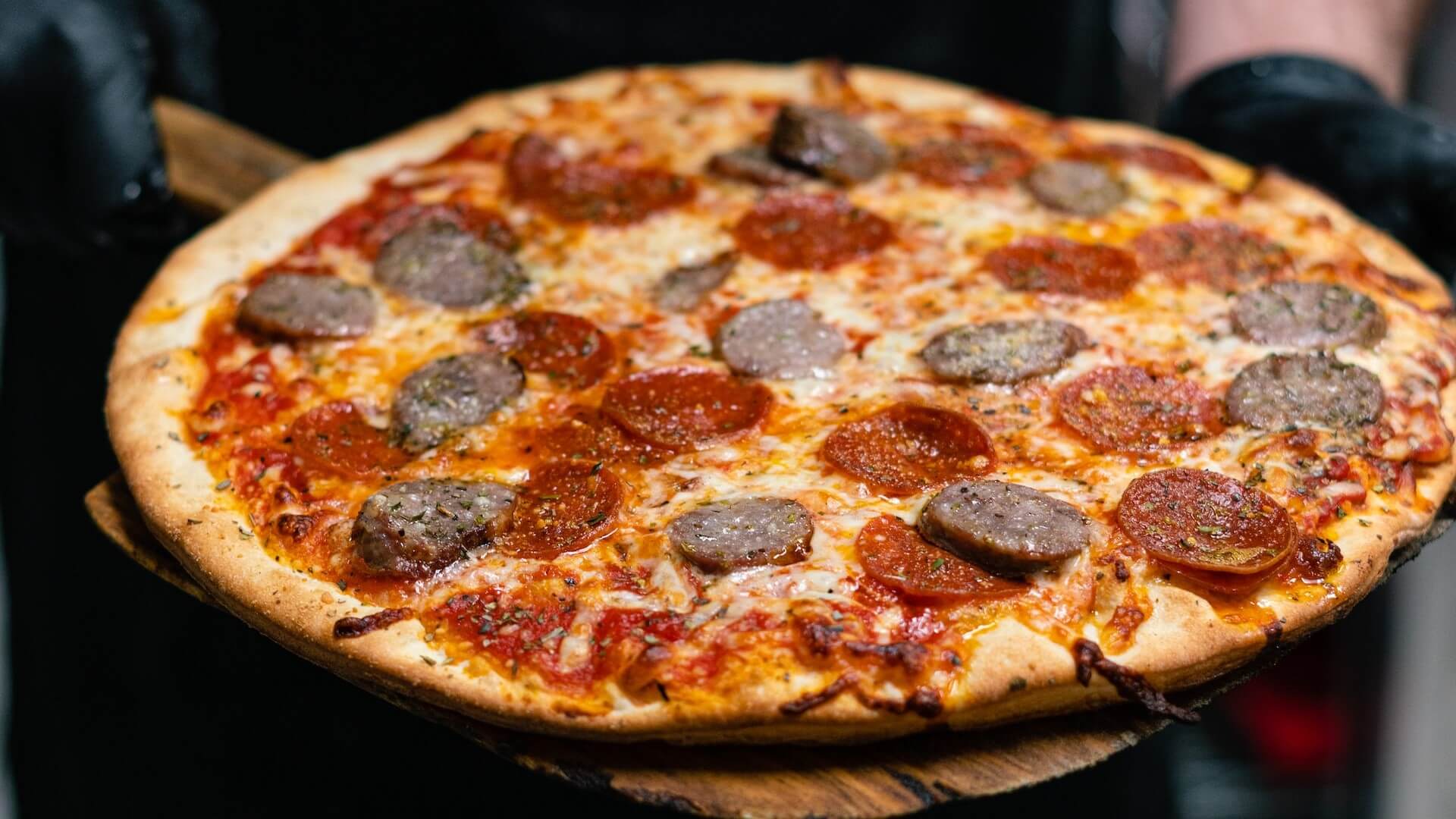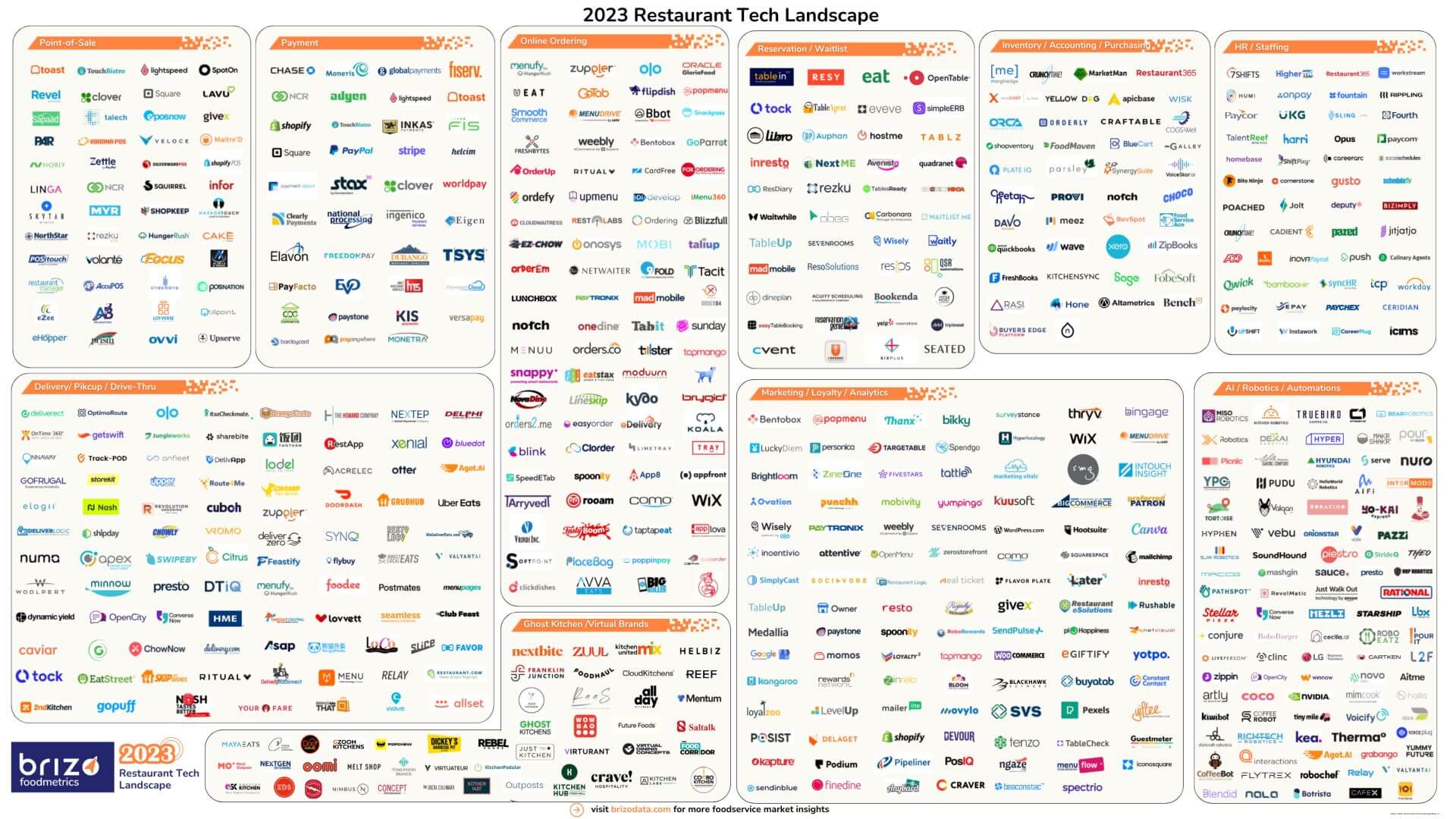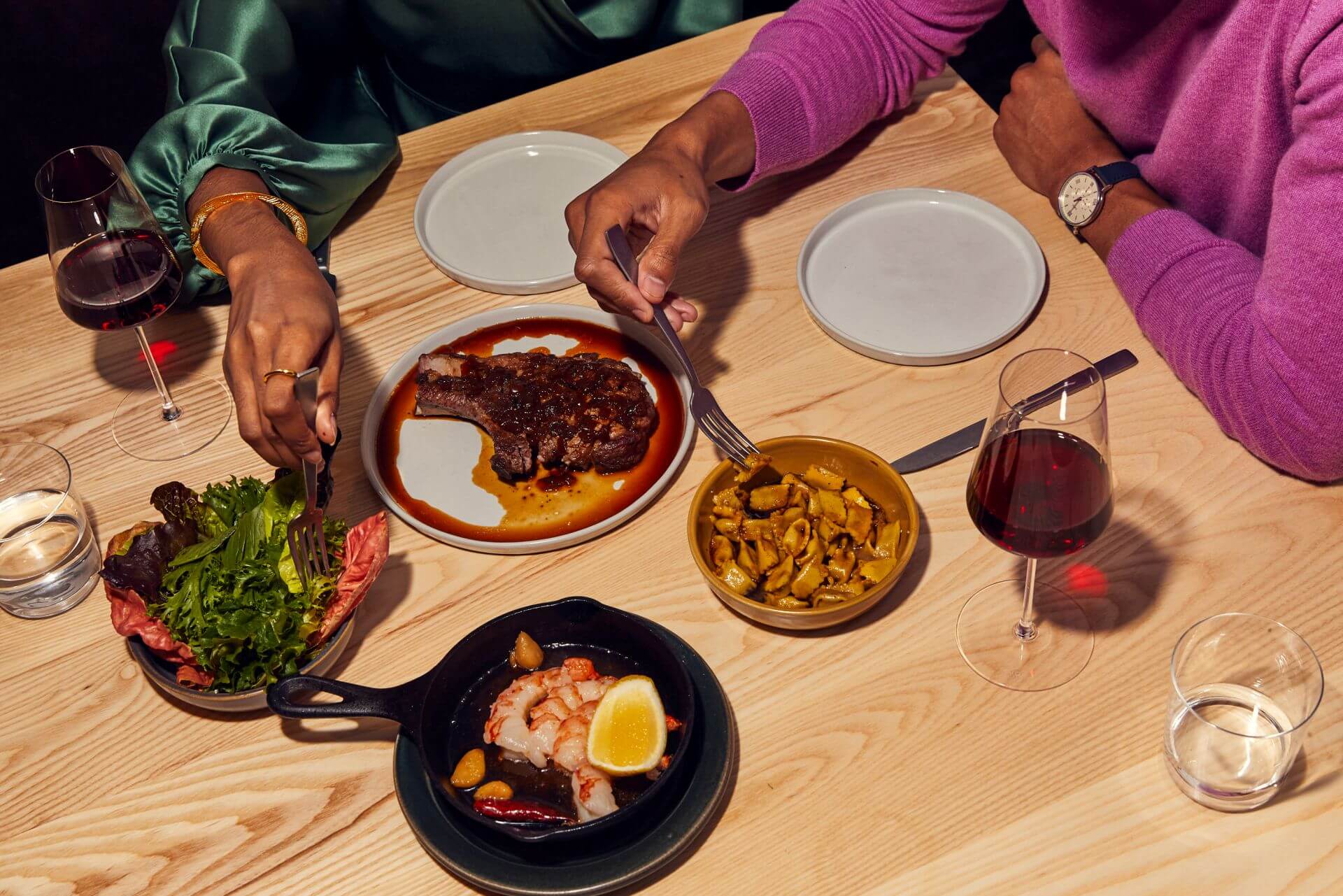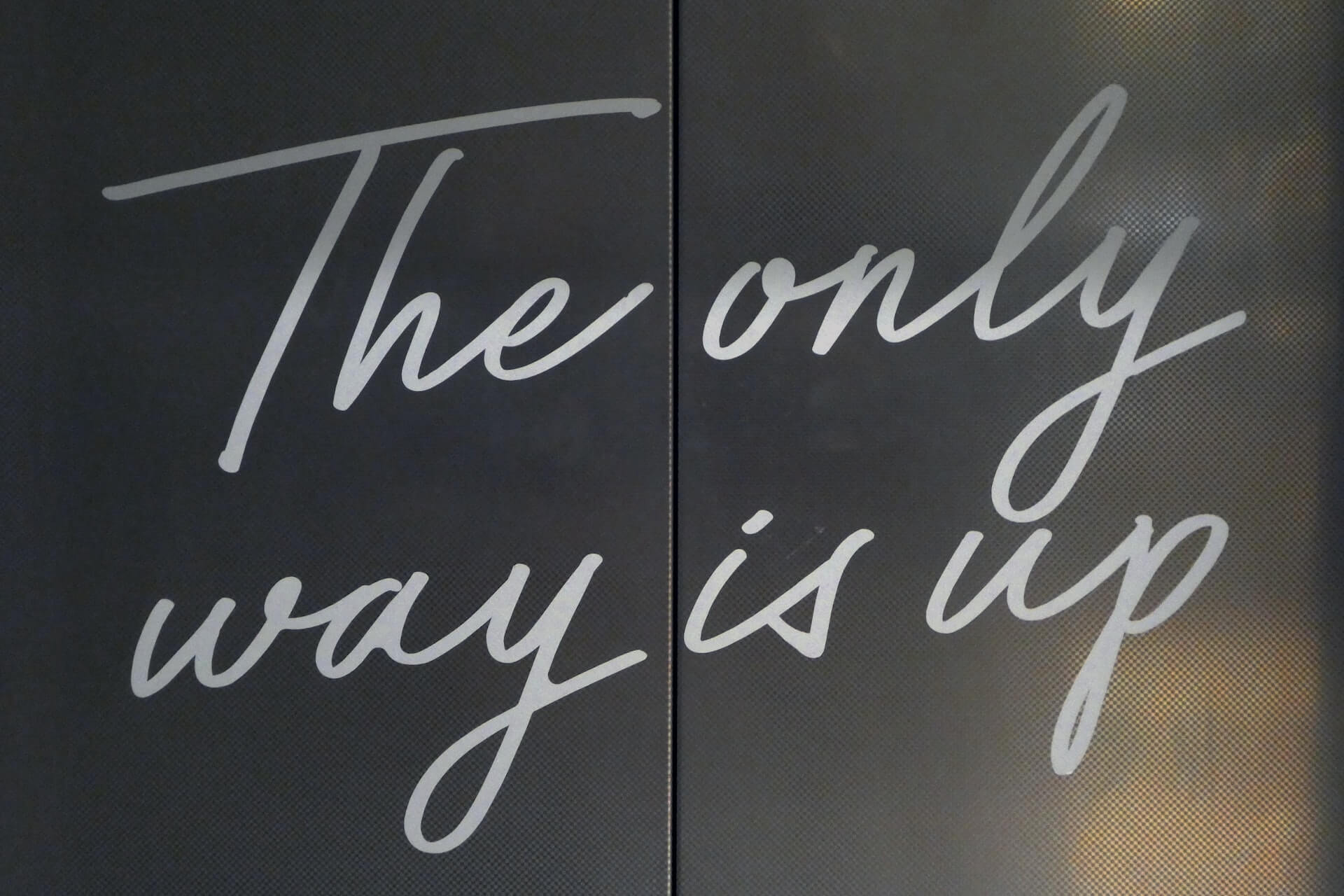Your Discovery Strategy Needs to Change
by David Klemt

A report by guest retention, reservation, and waitlist platform SevenRooms reveals that restaurant discovery is changing.
Per SevenRooms, many operators have looked toward third-party marketplaces to help people discover their restaurants, bars, or hotels. For context, online marketplaces include OpenTable, Resy, and GrubHub.
However, SevenRooms research is indicating a significant slowdown in this method of discovery. Per the platform, just a quarter of consumers still use marketplaces to find restaurants and bars.
So, how are people discovering the places where they want to spend their time and money on food and drinks? And how can you ensure your marketing and discovery strategy evolves alongside today’s consumer behavior? You’ll find out below.
For your own copy of Restaurant Discovery Has Changed: Adapt or Risk Becoming Obsolete by SevenRooms, click here.
Where are Your Guests?
It should come as no surprise that today’s consumer favors social media, influencers, Google, and even artificial intelligence for discovery.
Younger consumers in particular are more likely to discover a new restaurant, bar or hotel via social media.
Per SevenRooms, Gen Z:
- is twice as likely as other generations to find a new restaurant via Instagram;
- five times as likely to discover new restaurants on TikTok; and
- is likely to visit a new restaurant due to an influencer recommending it.
In fact, 39 percent of consumers designated Gen Z have gone to a restaurant because an influencer has gone there.
When conducting this type of research, SevenRooms often works with YouGov. They did so again for their restaurant discovery report, commissioning YouGov to poll 1,185 consumers. Participants indicated they use the following methods or platforms to discover new places to dine and drink:
- Google (27%)
- Restaurant’s website (25%)
- Referral (friends or family) (18%)
- Facebook (12%)
- Yelp (11%)
- OpenTable (9%)
- Instagram (8%)
- TikTok (5%)
- TripAdvisor (4%)
- Resy (1%)
Three things jump out here: Organic search is crucial, websites still matter, and delivering top-notch service is paramount for word-of-mouth marketing.
Leverage Multiple Channels
If the data is accurate, operators who are relying exclusively or heavily on third-party marketplaces for discovery will be left behind. Instead, operators should seek to implement a multi- or omni-channel strategy.
What does omni-channel mean? In very simple terms, it’s not putting all of one’s eggs in one basket. Check out this article where I dive into omni-channel marketing and tactics for more information.
For their report, SevenRooms breaks omni-channel marketing and discovery thusly:
- Owned reservation, waitlist, and ordering channels
- Search and social engagment channels
- Paid channels
It’s clear what SevenRooms is suggesting here: operators must adapt and meet guests where they are. Guests are relying on Google, a restaurant’s website, and social media for discovery.
The example that the platform gives in their report goes like this:
- A consumer uses Google and finds a restaurant’s listing.
- Next, they see a Facebook ad for that restaurant.
- Finally, they decide to go to the restaurant’s website to learn more.
To that, I’ll add that some guests, those who prefer to order delivery, now seek an ordering widget. It’s wise, therefore, for operators to at least look into how they can implement direct delivery.
The Omni-channel Path
SevenRooms recommends a five-prong omni-channel strategy. Broken down into large chunks, the platform suggests:
- Google integration;
- social media engagement;
- leveraging third-party marketplaces (with caveats);
- owning direct channels; and
- direct booking.
Again, this SevenRooms report can be downloaded here. However, I’ll share some details of this SevenRooms approach to discovery below.
Google Integration
SevenRooms isn’t the only one to say this: operators need to own and optimize their Google listing. In fact, they need to own all their listings, which I’ve said for years.
Owning listings boosts discoverability in several ways: SEO optimization, leveraging “near me” search functions, and ensuring guests are receiving accurate information before visiting.
Going further, operators who have marketing budgets can leverage Google ads. According to SevenRooms, Google search ads are also beneficial for becoming discoverable via third-party marketplaces.
Social Media
We’re fast approaching the day when at least half of consumers try a new restaurant or bar because they discovered it on social media. Right now, we’re at 45 percent of consumers finding new restaurants via these channels.
SevenRooms recommends having a presence on at least these channels: TikTok, Facebook, and Instagram. What’s more, they suggest using a direct reservation page and linking it to a “Reserve Now” button on a venue’s social profiles.
If an operator has the budget, they can pay for influencers to visit and talk about their restaurant, bar or hotel. However, this type of marketing can be very expensive.
Third-party Marketplace
This “prong” in SevenRooms’ recommended omni-channel strategy isn’t for every operator. As stated above, it’s use is nuanced.
Who should use marketplaces? New venues or venues that find themselves struggling to drive traffic.
Who shouldn’t use marketplaces? Venues seeing consistently strong traffic, and those that perform well via organic search because they’ve done the work to establish their brand.
Direct Channels
To explain this element, I’ll share the following “journey map” from the SevenRooms report:
Own and optimize the Google My Business listing > Ensure the website is user-friendly > Make sure there’s a reservation widget > Send a confirmation email when a guest has booked a reservation > Send a reminder SMS message > Nail the guest experience during their visit > Send a thank you email after the visit > Follow up with a personalized (keyword here) offer to encourage a repeat visit.
Remember, per Ovation CEO Zack Oates, 70 percent of first-time guests don’t come back. It’s more important than ever to invest in earning repeat visits.
Direct Booking
It’s arguable that this step is part of the overall discovery strategy, that it’s a four-prong plan, not five.
However, this step involves implementing its own strategy so that guests become aware of it. Put another way, some guests need to be taught that a restaurant or bar offers direct reservation booking.
For example, SevenRooms suggests printing menu inserts that let guests know they can book directly with the restaurant. Follow-up emails should also include a direct reservation link. Additionally, loyalty programs should encourage guests to book reservations directly.
Finally, here’s an excellent tip regarding direct booking: Operators can turn off listings or at least reduce reservation inventory on third-party marketplaces. This should be done during the busiest days and dayparts.
Operators need to make sure they keep up with shifting consumer behavior. The implementation of a modern discovery strategy is a crucial step toward long-term success.
Image: Sergey Zolkin on Unsplash




